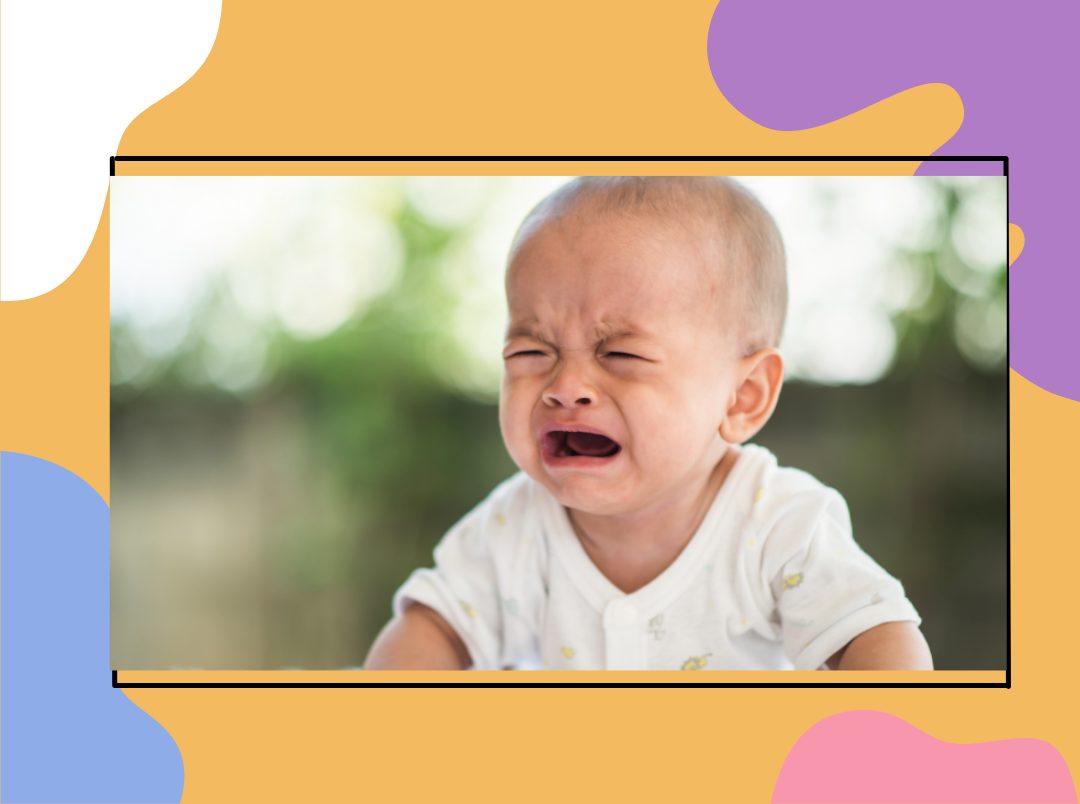Babies are extra vulnerable to illnesses like common colds. In fact, according to the American Academy Of Paediatrics (AAP), many healthy infants catch between eight to 10 colds and other viral infections in the first two years of their lives. This is because a baby’s immune system is still developing and isn’t strong enough to fight against infectious diseases.
Nevertheless, colds in babies can be stressful as nasal congestion makes them fussy and uncomfortable. However, in addition to administering the medicines prescribed by the doctor, parents can try some safe remedies to alleviate cold symptoms in babies.
7 Remedies For Common Cold In Infants
Healthy Food
If your baby is aged 12 months or more, you can provide them with a wholesome diet complete with fruits and veggies enriched in essential vitamins, minerals, and antioxidants that help boost their immune system. Dr. Pooja Marathe, Nutrition and Lactation Expert, BabyChakra stated, “You can also try some home remedies which can include salt and turmeric gargle. Apart from that, you can give them citrus fruits that are rich in Vitamin C, and Vitamin A-enriched foods such as mangoes. These foods help relieve colds and ward off infections and bacteria.”
Hydration
If your baby is under the age of six months, breastfeed them as usual, as your breast milk is their sole source of nourishment and hydration. If your baby is older than six months, give them frequent sips of water throughout the day. Increased fluid intake can help keep the throat moisturised and also soften thickened mucus. You may also give them warm liquids such as soup as they are more helpful in soothing a sore throat, making swallowing a bit easy.
Honey (only for babies aged 12 months and above)
If your baby has a cough accompanied by a cold, then you may give them honey for relief. Honey exhibits a demulcent effect and relieves irritation by forming a cooling film around the throat. Half a teaspoon of honey is enough to soothe cough in babies. However, this remedy is only recommended for babies aged 12 months or more. This is because honey can cause infant botulism, a condition associated with appetite loss, constipation, and weakness in children.
Nasal Bulbs Or Nasal Sprays
You may also use a suction bulb or saline drops to provide relief from a blocked nose. But make sure to try this remedy only after consulting your child’s paediatrician. Also, do not use medicated nasal drops on children below the age of six years, unless the paediatrician prescribes it.
Humidifier
You may also consider installing a cool-mist humidifier in your baby’s room to maintain optimal humidity levels. A humidifier will help the baby breathe easily and prevent nasal or chest congestion. You may place the device close to your baby’s crib, but make sure it’s beyond their physical reach. Additionally, you should strictly avoid using steam or hot water vapourisers, as steam increases the risk of nasal burns in babies.
Vapour Patches
If your child is suffering from heavy nasal congestion, you may use natural vapour patches for kids. Make sure that the vapour patches are 100% natural and made with plant-based ingredients like eucalyptus and peppermint oil. Eucalyptus oil has antibacterial and antiviral properties that help soothe headaches, and peppermint oil acts as a natural decongestant that clears congestion in the nose and chest and also reduces fever. Simply put the vapour patches on your child’s nose and chest to provide 8 hours of effective relief.
Rest
Rest is crucial for a speedy recovery. It also gives your baby’s body the required energy to cope with the virus. Make sure to keep your baby’s head elevated while resting as it helps the mucus drain, enabling the baby to breathe better.
Tips To Prevent Cold In Infants

- Keep your baby away from people with a cold: Since your baby’s immune system is still developing, it’s a good idea to keep them away from other family members suffering from cold. Also, ask the person suffering from a cold to use a handkerchief whenever they sneeze or cough to avoid transfer of germs to the baby.
- Clean the baby’s hands frequently, especially after outdoor play: Every time you return from a stroll, wash your baby’s hands with a natural foaming handwash to remove bacteria, and impurities. Use a foaming handwash that contains plant-based surfactants like coconut and mango oil to provide germ protection and keep their hands moisturised.
- Wash your hands before handling the baby: Cold viruses can stay dormant in everyday objects and while adults may not contract them, babies might, easily. Therefore, always wash your hands before handling the baby, especially if you have come from the outdoors.
- Clean your baby’s toys and pacifiers regularly: Use a clean sponge soaked in saline water to clean your baby’s toys and pacifiers. Do this regularly to remove germs from these objects and prevent infections in babies.
- Administer a flu vaccine: The Centres for Disease Control and Prevention (CDC) recommends vaccinating a baby older than six months of age against influenza. This can prevent seasonal flu in children.
When To See A Doctor
The common cold is a self-limiting viral infection, and if acted upon promptly, seldom raises any concerns. However, you should seek paediatric consultation if your baby shows any of the following symptoms along with the common cold:
- Seems unusually fussy
- Has a temperature of over 100° F (38° C)
- Is not wetting as many diapers as usual
- Has breathing troubles
- Is not eating or vomiting
- Is coughing
- Has other worrisome symptoms such as an alarming cry
While cold is a common illness in babies, its symptoms such as nasal and chest congestion can cause discomfort in your little ones. Therefore, make sure to take proper measures such as keeping them well-hydrated, giving them healthy foods, using natural vapour patches to provide relief to them, and follow essential sanitary measures to prevent cold in your baby.





